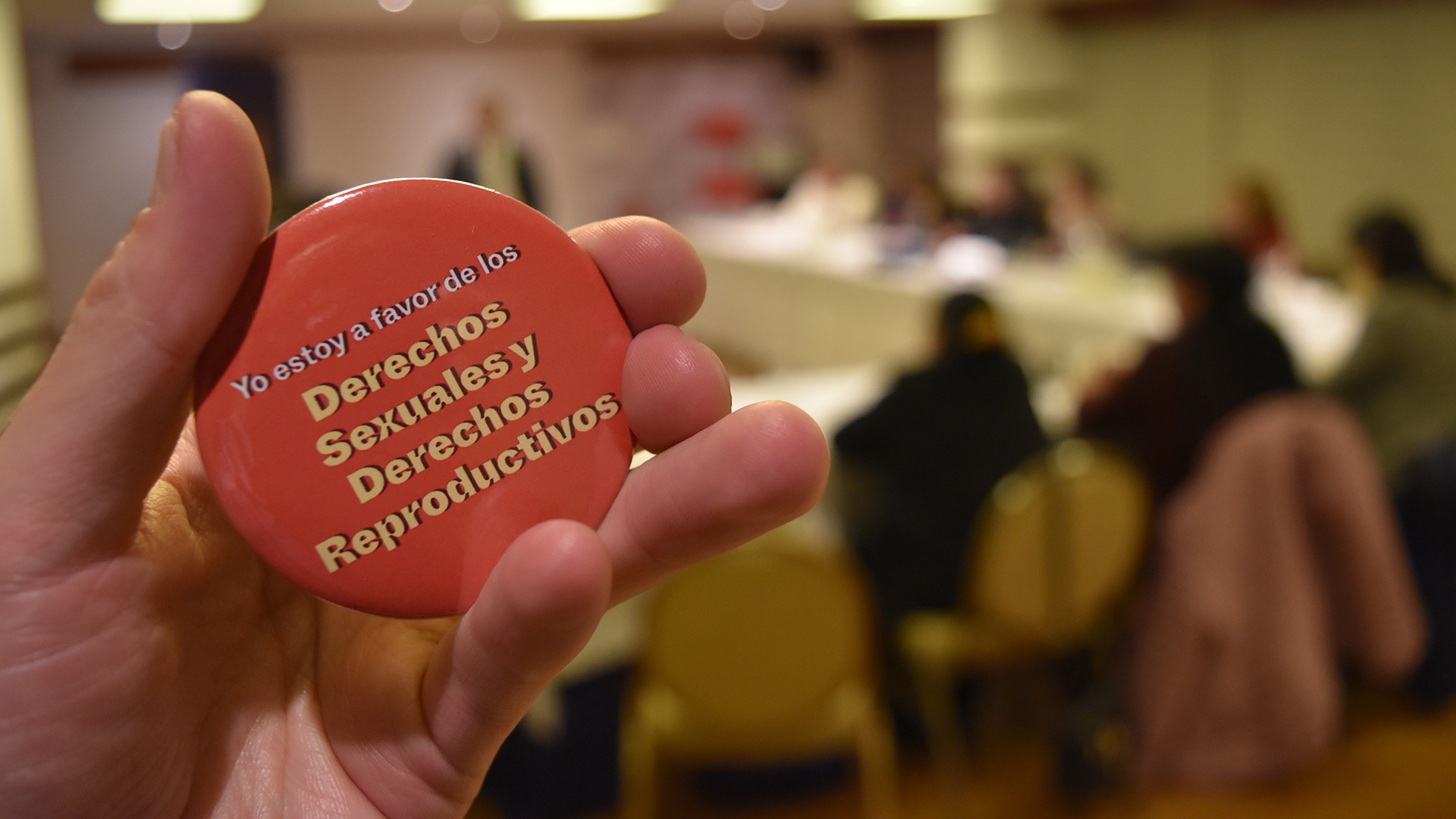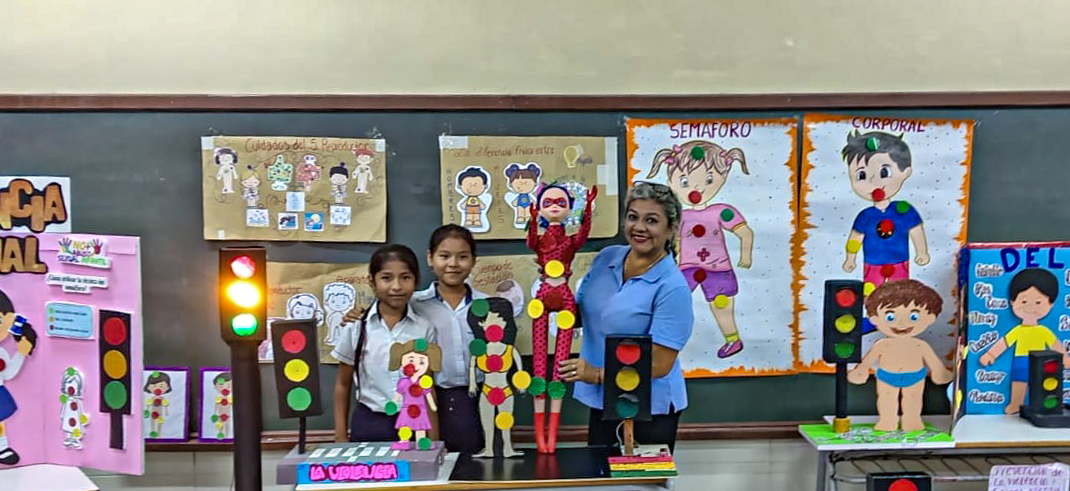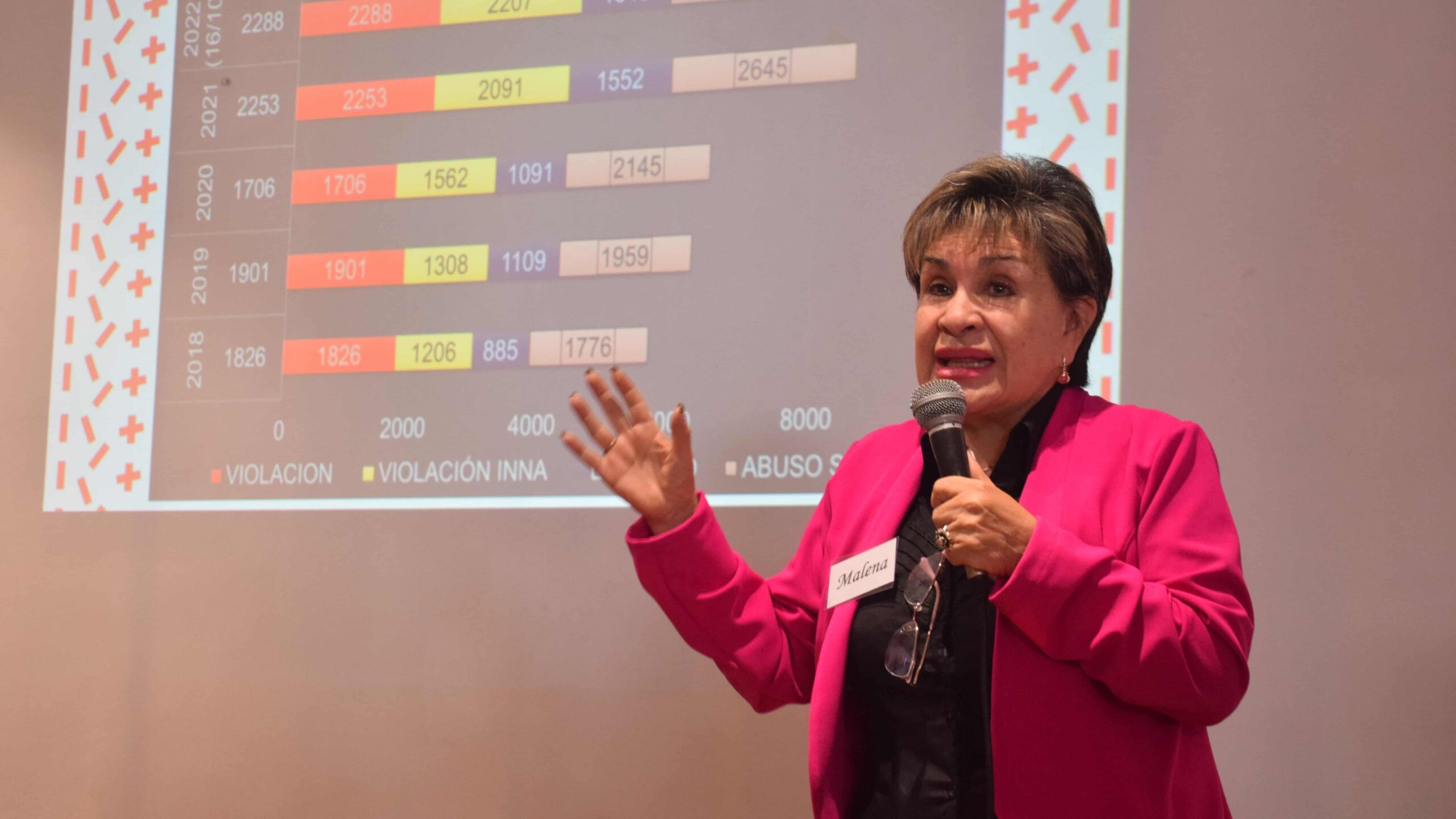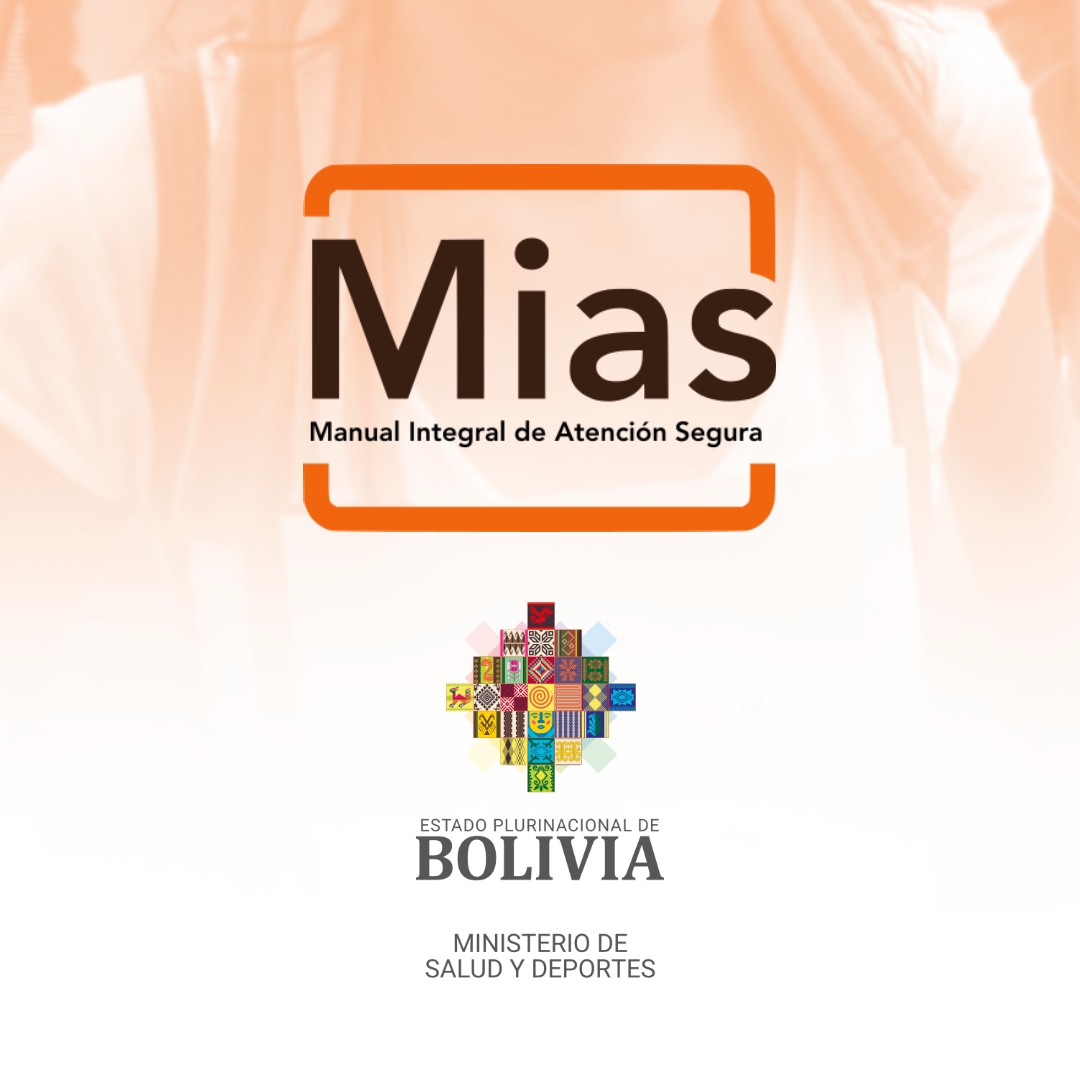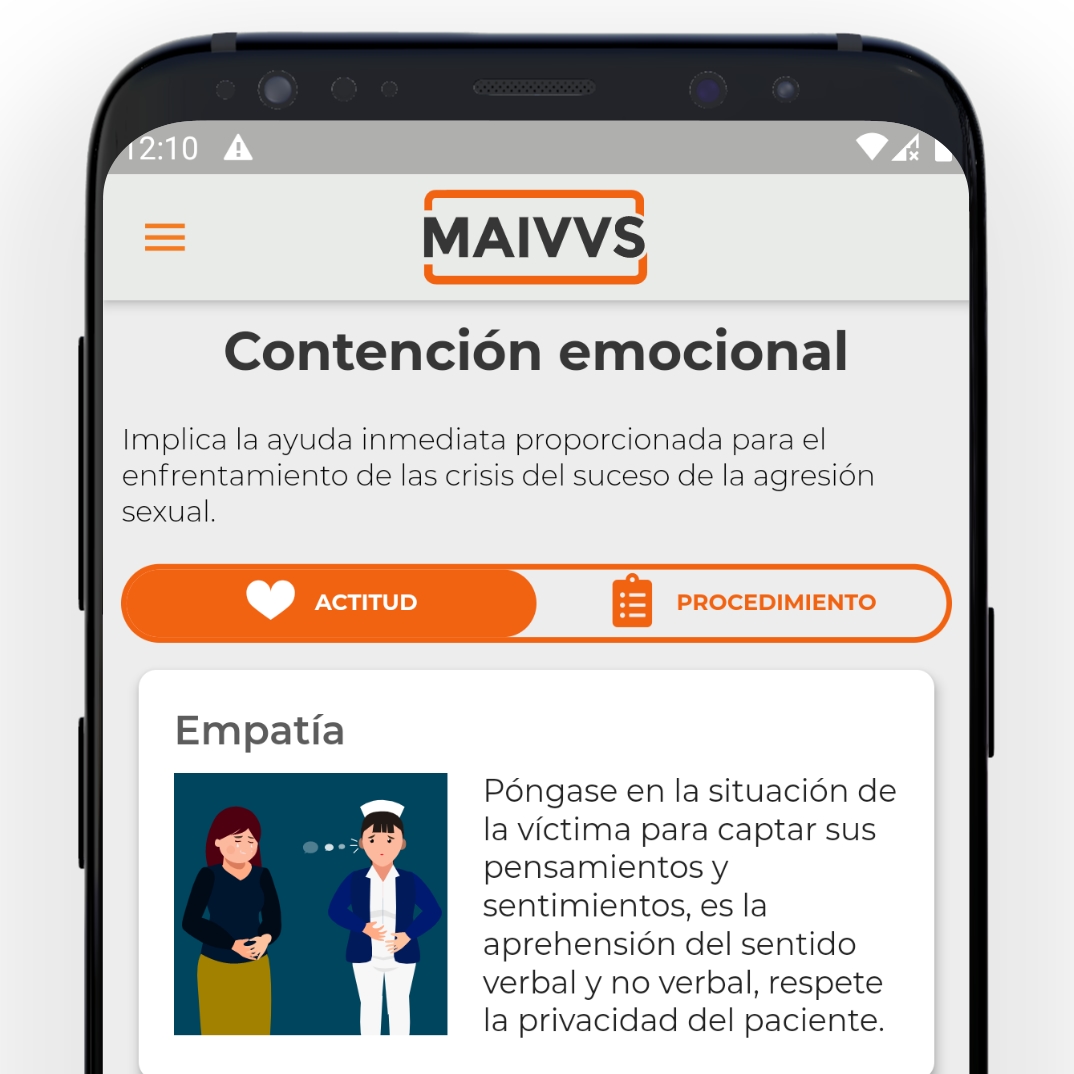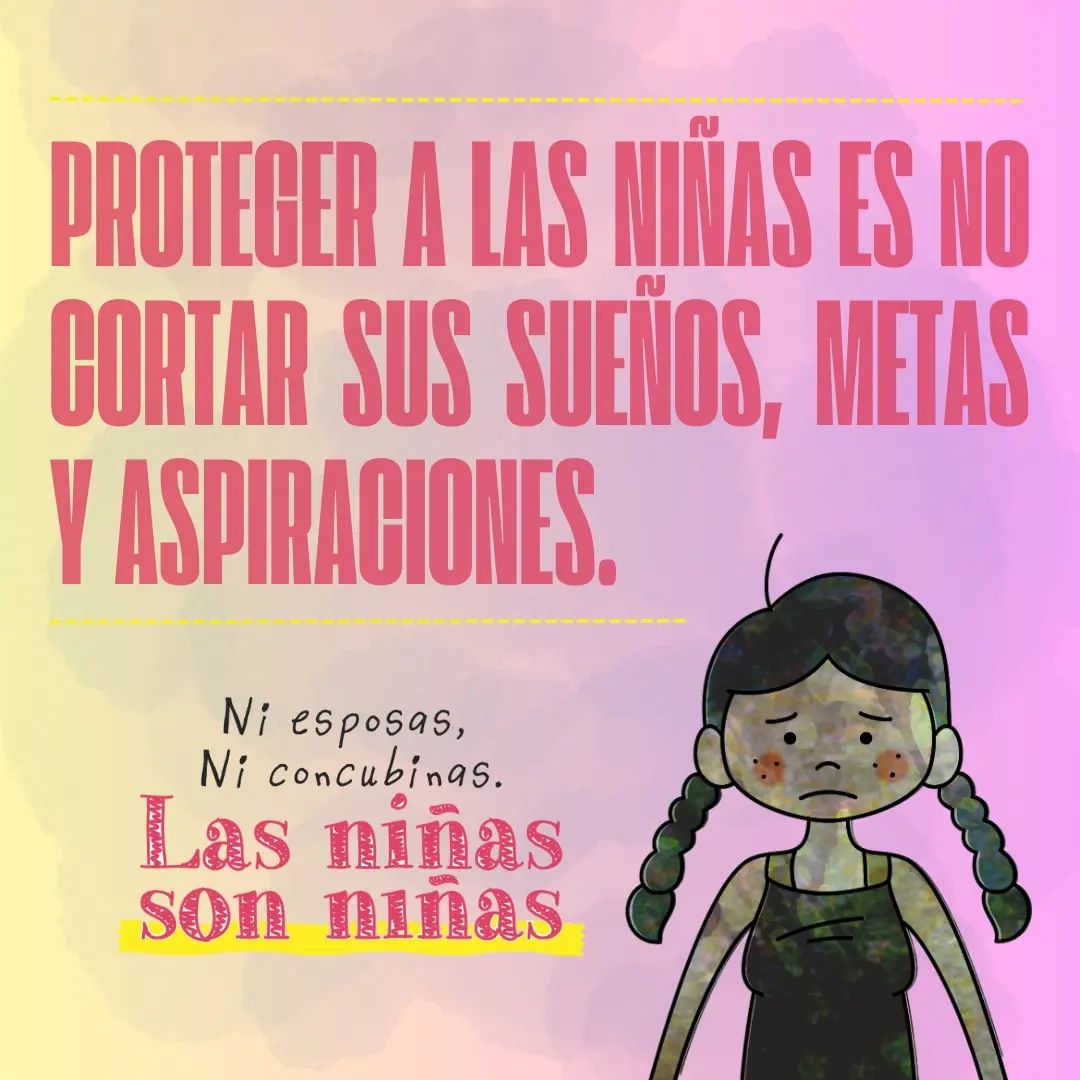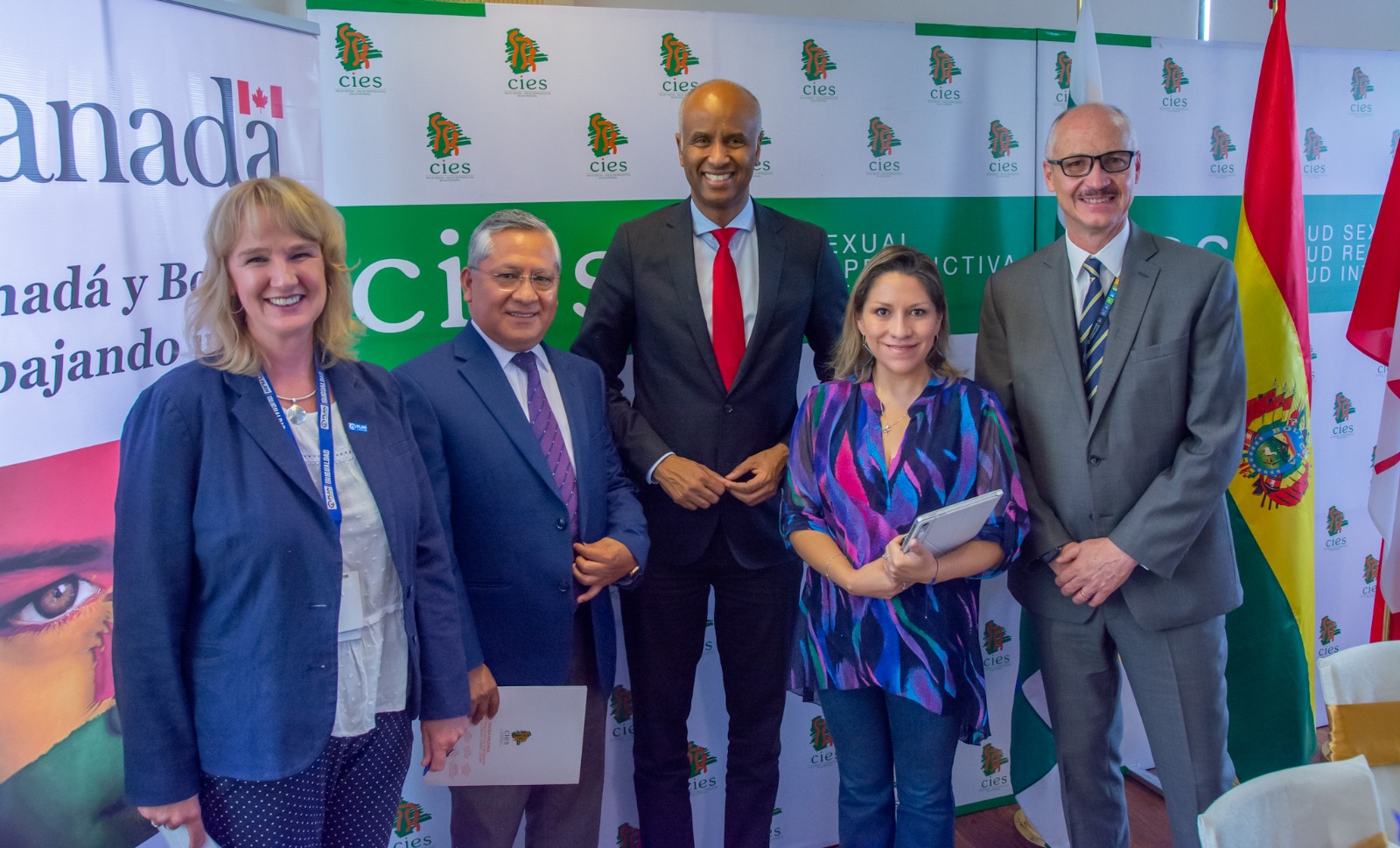Ahmed Hussen, Canada’s Minister of International Development, arrived in Bolivia to announce and launch two new projects on sexual and reproductive rights, which are being promoted in Bolivia by his country, with funding of 19 million Canadian dollars (equivalent to more than 14 million USD), and which will directly benefit 151,000 adolescents and young people between the ages of 10 and 29. The projects will be implemented by the United Nations and Plan International.
Both projects are framed by Canada’s feminist policy, which requires that policies and programs focus on addressing social norms and structures that exclude women, adolescents and people affected by multiple forms of discrimination.
The Canadian authority met with Bolivian government agencies, as well as representatives of United Nations agencies, Plan International, civil society organizations and institutions linked to the exercise of the right to sexual and reproductive health and rights, as well as prevention and attention to sexual and gender-based violence.
Two projects for the exercise of sexual and reproductive rights and the right to live in an environment free from violence
The project “Sexual and reproductive health and rights and a life free of sexual and gender-based violence for the most vulnerable women and girls in Bolivia 2024 – 2028”, is led by three agencies of the United Nations System in Bolivia: UN WOMEN, UNFPA and UNICEF and has a funding of 10 million Canadian dollars (equivalent to 7.4 million USD). Its objective is to significantly improve the sexual and reproductive health and rights of indigenous women, adolescents and girls in Bolivia, especially those facing violence, poverty, marginalization and exclusion. It focuses on improving access to quality sexual and reproductive health services and comprehensive sexuality education, as well as combating sexual and gender-based violence in three municipalities: Cobija, Trinidad and El Alto. It will benefit more than 105,000 adolescents between 10 and 19 years of age within prioritized health networks.
On the other hand, the project “Resilient and Empowered Adolescents for Change and Action in Sexual and Reproductive Health and Rights (REACH) 2024-2030” is implemented by Plan International and its partner CIES Bolivia. The project has funding of 9 million Canadian dollars (6.1 million USD) and will reach approximately 46,000 adolescents and youth. It focuses on three areas of sexual and reproductive health: comprehensive sexuality education in schools; provision of inclusive and differentiated health services, with a focus on prevention and response to sexual and gender-based violence; and response of local health and education governance mechanisms to the sexual and reproductive rights needs of adolescents and youth. These actions will be implemented in 52 communities in eight municipalities in four departments of the country: Aiquile, in Cochabamba; Serrano and Tomina, in Chuquisaca; El Torno, in Porongo and District 6 in the municipality of Santa Cruz de la Sierra, in Santa Cruz; and Padcaya and El Puente, in Tarija.
At the event to present the projects, Canadian Minister Hussen stressed that “all women and girls must have the right to decide on matters related to their bodies, so that they can not only survive, but thrive. When women and girls can get ahead, then so can their communities.”
Relevant data
- 470 adolescents between 10 and 19 years of age attended prenatal checkups in 2022 according to the National Health Information System of the Ministry of Health and Sports.
- And according to the same body, as of October 2021, of the 24,634 people living with HIV, 714 are under 15 years of age, while 8,775 are between 15 and 30 years of age.
- In 2022, the Public Prosecutor’s Office reported that 17 out of 100 cases of femicides correspond to girls and young women between 13 and 20 years of age.
- According to the Attorney General’s Office, at the end of 2023, 81 femicides and 25 infanticides were registered in Bolivia.

